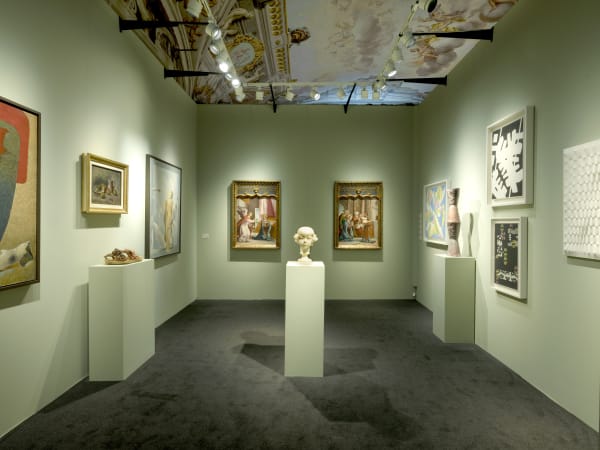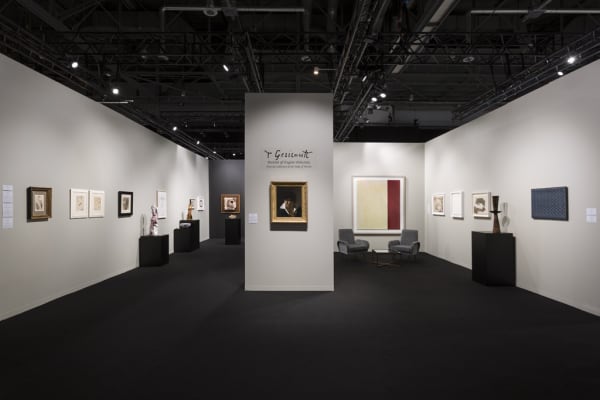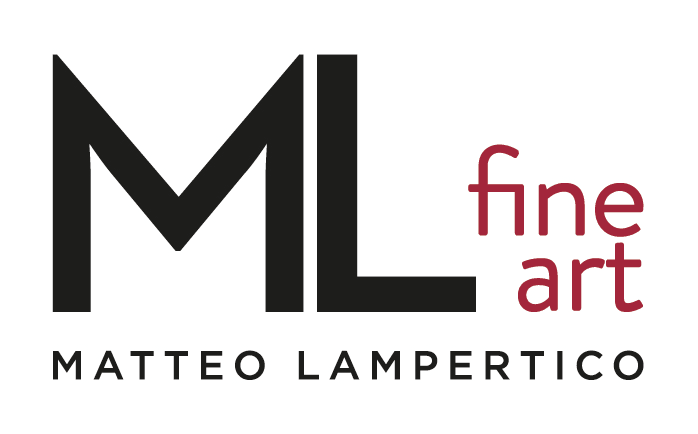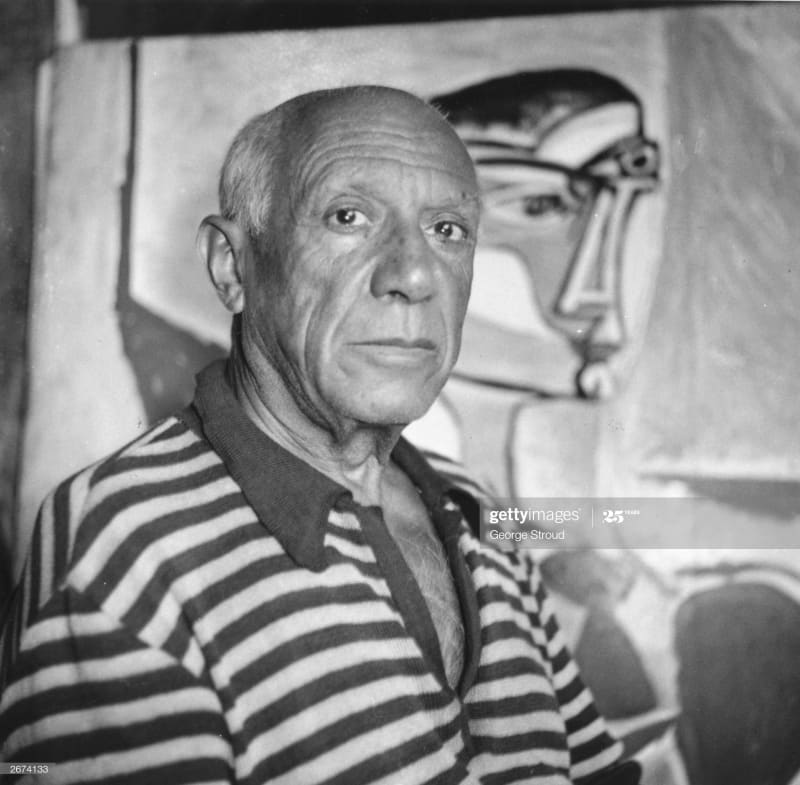Pablo Picasso Spanish, 1881-1973
Pablo Picasso was a Spanish painter, sculptor, printmaker, ceramicist and stage designer considered one of the greatest and most influential artists of the 20th century. Picasso is credited, along with Georges Braque, with the creation of Cubism.
Pablo Ruiz Picasso was a painter, sculptor, and engraver, born in the province of Malaga, Spain, on October 25, 1881. Pablo Picasso achieved, with charisma and talent, rise as the most popular artist of the twentieth century, a revolutionary, maximum exponent of cubism; to the point of being considered by future generations, as a symbol of disruptive art and creativity.
Picasso, the only son and oldest of the three children of the marriage between José Ruiz and María Picasso, showed his strong artistic talent from a young age. Art had been in his home since forever because his father was a teacher of drawing and also, a painter.
In 1891, his family is forced to move for economic reasons. His father accepted a job as a teacher in La Coruña and they moved there.
Three years later, in 1894, being only seven years, Concepción, the younger sister of Picasso, dies of diphtheria.
In 1895, the Ruiz-Picasso family resides in Barcelona and Pablo Picasso would begin his artistic training at the school of fine arts La Llotja (La Longa) in Barcelona where his father was a teacher. According to one of the many legends about Picasso, his father, after recognizing the amazing talent of his son when he saw his first children’s work, gave him his brushes and his palette and promised not to paint again in his life.
At the age of 15, his talent astonished teachers and classmates, for his amazing mastery of technique, which can be observed in works such as First Communion. In 1897, Pablo Picasso enters the Academy of Fine Arts of Madrid (Academy of San Fernando). After a brief passage through it, Picasso returns to Barcelona, where he set up his first studio at the age of 16.
In 1900, Pablo Picasso traveled to Paris for the first time, a city known at that time as “The Art Capital of the World” where he would permanently settle in 1904, in the Montmartre district, in a dilapidated building known as the Bateau-Lavoir.mIn Paris, Picasso would share afternoons of social gathering and bohemian night with several artists. He toured brothels, bars, and shows that inspired his periods Azul (1901-1904) and Rosa (1904-1906).
“The suicide of his friend Carles Casagemas in 1901, inspired Picasso the Blue Period, named for the predominance of this color. Works like life (1903), represented being sad, tired, hungry or depressed. As of 1906, the Rose period reflects, above all, the wandering life of the circus. “
After the Blue and Pink period, the Cubist stage would come, perhaps his greatest contribution to twentieth-century art, and for which he was considered a revolutionary. Between June and July of 1907, Pablo Picasso painted a large canvas of almost six square meters, Les Demoiselles d’Avignon, a work with faces and deformed bodies, and striking anatomical positions. That is how Cubism was born.
“I paint the objects as I think them, not as I see them.”
In the boom of Cubism, he separated from his partner Fernande, and later on, he would start dating, Eva Guel, who will die in 1915.
Between 1912 and 1915 he created his collages and assemblages, together with his friend and companion, the French painter, Georges Braque.
Between 1917 and 1921, Pablo Picasso started what is called his classical stage, which was one of his less known facets, at that time he collaborated with Sergei Diaghilev, the businessman of the Russian Ballets and Picasso would paint the stages of Parade (1919), The three-cornered hat (1920) and Pulcinella (1921) among other shows. On a trip to Italy, he would meet his first wife, Olga Koklova, whom he would marry in 1918. On February 4, 1921, his first son, Paulo, was born.
In 1936, the Spanish Civil War broke out and Pablo Picasso was requested by the Spanish Republic to paint the bombing of the Basque population of Guernica by the Nazi aviation to show it in the Universal Exhibition of Paris of 1937. Picasso began painting the work on May 1, 1937, and completed it on June 4 the same year. Picasso would name it “Guernica” which would become a symbol of freedom. Also, in 1944, Picasso joined the French Communist Party.
Between 1946 and 1953 he had two children (Claude and Paloma) as a result of his relationship with Françoise Gilot. Pablo Picasso is also considered a prominent sculptor, so much so that he was one of the pioneers in the use of strange materials, like the toy car he used as the face of his Monkey Head with his little one. In the same way, he was a ceramist, a technique that attracted him to the ability to create three-dimensional works.
Between 1955 and 1973, Pablo Picasso painted and created without stopping. His legacy is more than 20,000 works, the product of seven decades of work and uninterrupted inspiration. Pablo Picasso died on April 8, 1973, due to pulmonary edema, in the city of Mougins, France, at the age of 91 years old.
-

BIAF 2022
24 Sep - 2 Oct 2022ML Fine Art is pleased to announce the participation in BIAF Florence 2022. On this occasion our booth will showcase gallery's recent discovery, two panels,...Read more -

Artgenève 2019
31 Jan - 3 Feb 2019Led by important and historic works by Théodore Géricault, Paul Gauguin, Lucian Freud and Piero Manzoni, M&L Fine Art's booth presented a tightly curated booth...Read more





